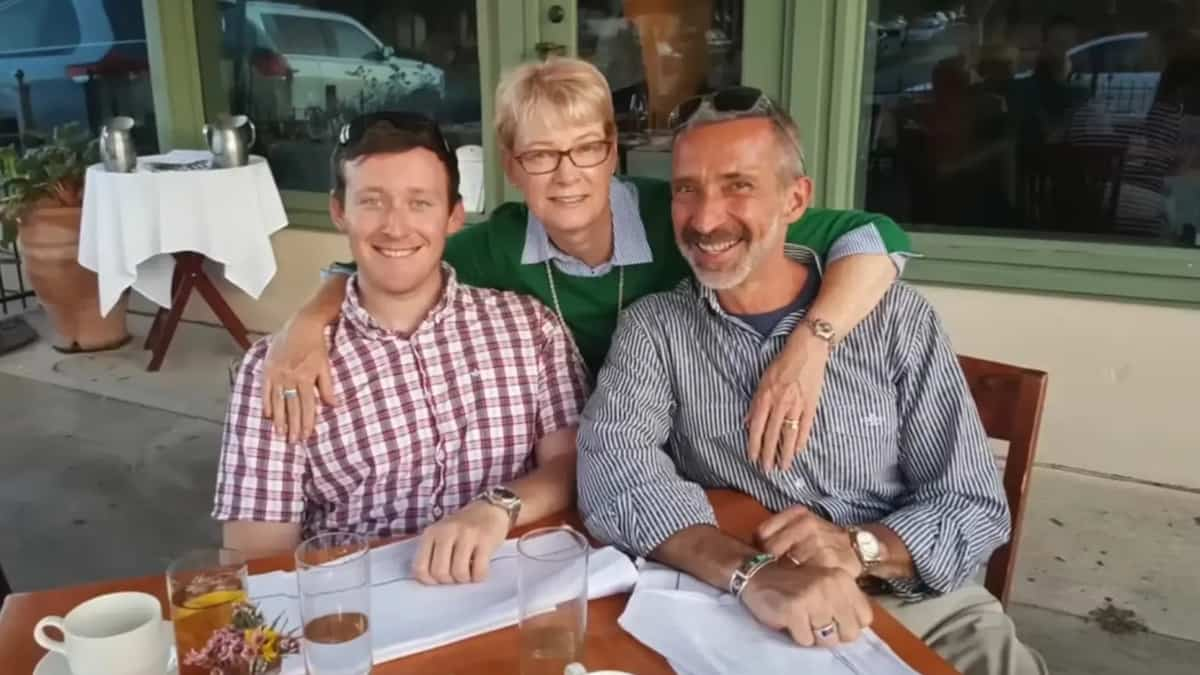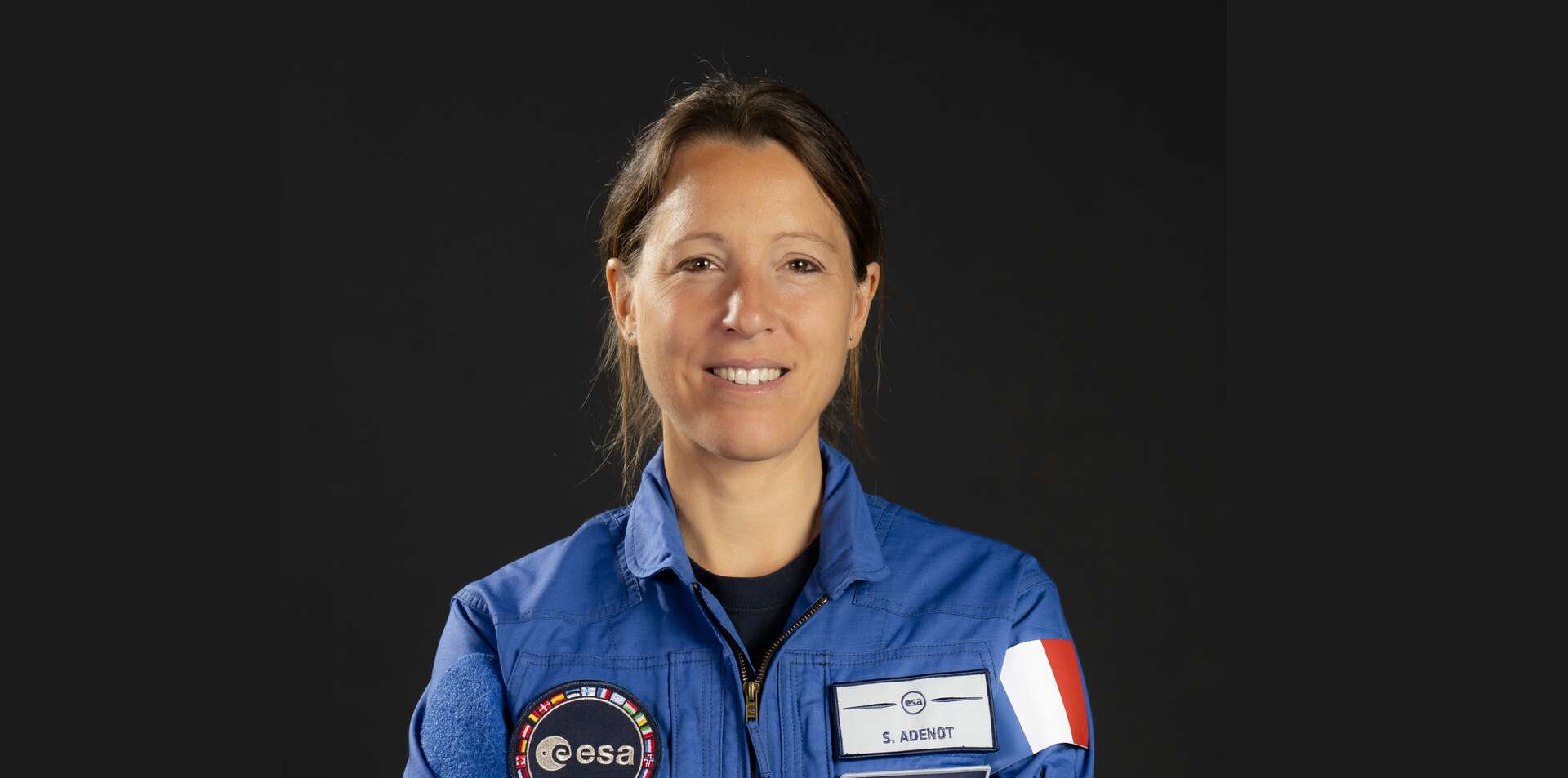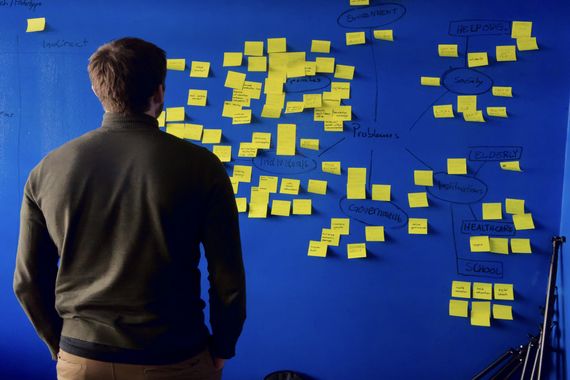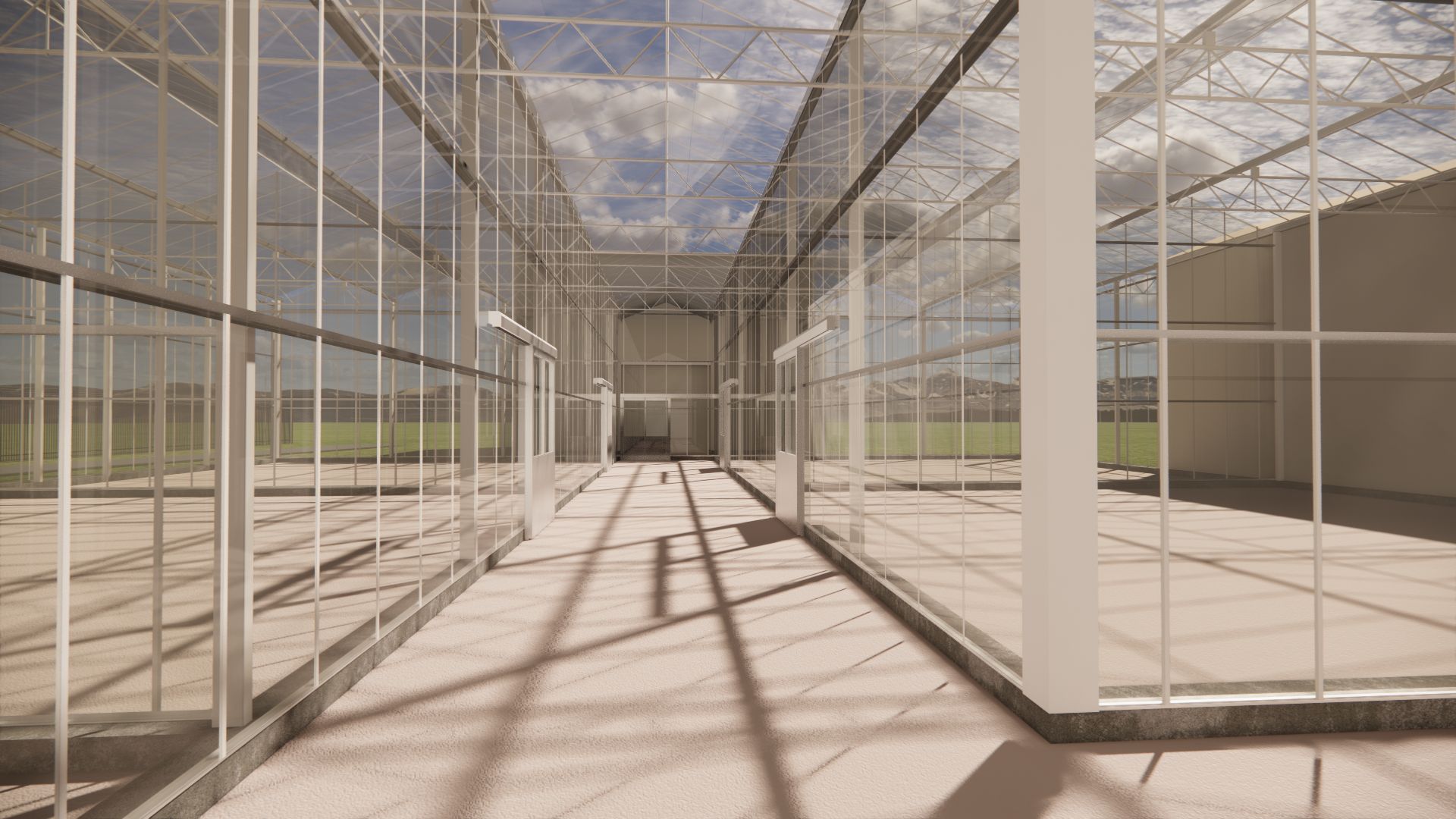Twelve countries recently pledged €5.5 million for ReNuAL2, a project to modernize the IAEA’s Nuclear Applications Laboratories in Seibersdorf, Austria. Contributions from Algeria, Germany, Australia, United Arab Emirates, United States of America, Jordan, Kuwait, Malaysia, Netherlands, Republic of Korea, United Kingdom and Slovenia made it possible to reach the funding target for the construction of the new greenhouses. They are essential to the agency’s work in the areas of plant breeding, food safety, soil and water management, and plant nutrition.
Because the ongoing construction of the new building and renovation of the agency’s dosimetry laboratory had already been funded, the greenhouses were the last major part of the ReNuAL2 project to be funded.
“Every day, our experts at Seibersdorf Laboratories use nuclear technologies to find solutions to global challenges. Greenhouses will be essential to meet member states’ demands for training, research and services and to strengthen their resilience to climate change and their food security,” explained Mr. Rafael Mariano Grossi, Director General of the IAEA. “Contributions to the ReNuAL2 project bring us one step closer to our goal of modernization and will enable our experts to continue to play a vital role in addressing the priorities of our Member States.”
During an event organized in early March 2023 to announce these contributions, Mr. Grossi emphasized the important role of regular donors and presented those who provided first funding to the ReNuAL2 program with national plaques that will be added to the donor display at IAEA headquarters. in Vienna. These are Algeria, the United Arab Emirates, Jordan, Malaysia and the Netherlands. To date, dozens of countries and organizations have pledged funds for ReNuAL and ReNuAL2, including Belgium, Canada, France, Morocco, Switzerland, and the African Regional Cooperation Agreement on Research, Development, and Training in Nuclear Science and Technology (AFRA).
Mr. Grossi also thanked the two countries co-chairing the “Friends of ReNuAL” group, South Africa and Germany, for the measures they have taken to encourage countries to fully support the ReNuAL project. The “Friends of ReNuAL” is an informal group of IAEA member states that contribute to the renovation of laboratories.
The ReNuAL2 project, launched in 2020, aims to modernize the IAEA’s Nuclear Applications Laboratories in Seibersdorf. It continues efforts that began in 2014 and which, in six years, has made it possible to build three new major laboratories. The ReNuAL2 project includes construction of a new building housing three laboratories – Plant Breeding and Genetics (PBGL), Terrestrial Environment Radiochemistry (TERC) and Nuclear Science and Instrumentation (NSIL) – as well as upgrading the dosimetry laboratory and renovating the aging greenhouses. Construction of the new building began in October 2022 and is expected to be completed by the end of 2024.
“A group of 12 countries has just demonstrated the unwavering commitment of IAEA member states,” said Najat Mokhtar, Deputy Director General and Head of the Nuclear Science and Applications Department at the IAEA. “I thank the United Kingdom and the United States of America for coordinating this collective effort. This joint statement demonstrates the utmost importance that these countries place in supporting and strengthening the essential role of the IAEA laboratories.”
Thanks to this joint contribution, there is only 42.3 million euros left to cover non-construction costs. The IAEA is mobilizing the resources needed to complete the ReNuAL2 project.
For more than 60 years, the IAEA has trained thousands of scientists in nuclear techniques at its Seibersdorf laboratories, helping to tackle some of the world’s most pressing challenges. At Seibersdorf’s eight Nuclear Applications Laboratories, experts conduct applied research and provide training assistance and technical support to countries in the areas of human health, food and agriculture, the environment and climate change. As such, they contribute to the work of the International Atomic Energy Agency to advance nuclear science and technology at the service of the United Nations Sustainable Development Goals.

“Music guru. Incurable web practitioner. Thinker. Lifelong zombie junkie. Tv buff. Typical organizer. Evil beer scholar.”




:format(url)/cloudfront-us-east-1.images.arcpublishing.com/lescoopsdelinformation/6EMKJVECS5DDBDHWA56Y3BNEKM.jpeg)


More Stories
Sophie Adino officially receives her “wings” and will be able to fly in space by 2030
Plants grow mostly in the afternoon
Why should we not confuse academic freedom with the autonomy of science?